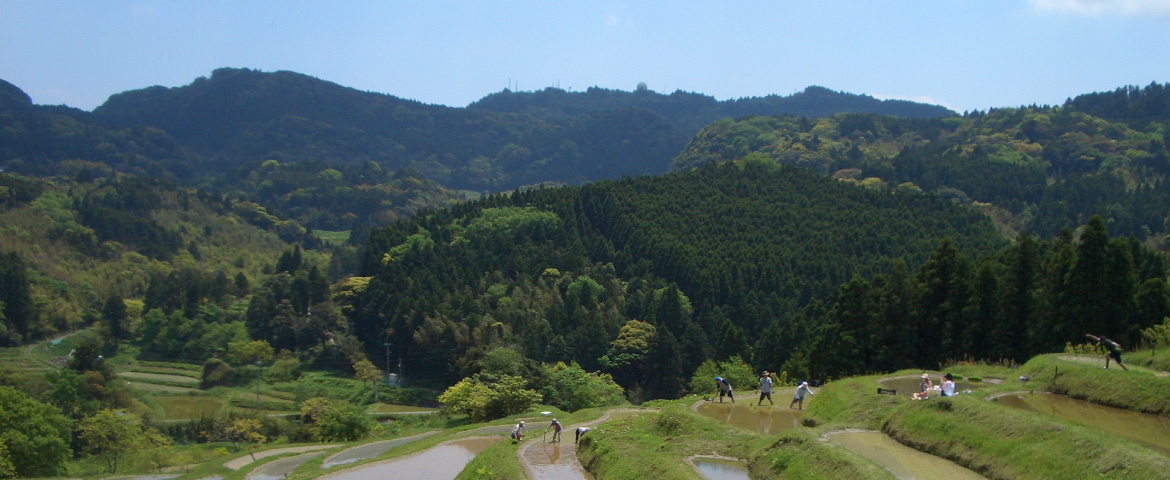




The objective of SCOPE is to foster glocal citizens, who are equipped with knowledge and competence, especially in the below-mentioned 3 areas that are necessary to address this subject.
SCOPE offers opportunities to master techniques to discern the core element(s) of various issues pertaining to sustainability, including the reflection of interests of an organization and/or people in the background. This training in the program aims to equip the students with the ability to break ground when confronted by an issue for which it is seemingly impossible to find a solution.
The lack of definitions of its ultimate goals is an obstacle to the task to realize a sustainable society. That is because most environmental issues are subject to uncertainty, and they cannot avoid being influenced by different values in society. On the other hand, if we do not set goals, it is difficult to specify the necessary resources, nor will we be able to make progress to arrive at a solution. SCOPE leads students to develop their skills to imagine and conceptualize the goal of the projects (the destination is named “the sustainable society”).
Throughout the process of problem-solving, co-creation with society members as well as all people concerned will be very important. For overcoming a gigantic task requires not one powerful revolutionist, but a collective effort and contribution by each member of society, whose different strengths and knowledge are complementary. What are the most useful resources one possesses to best contribute to society? How and from where can he/she get the resources he/she does not possess? One has to search for the solution as he/she takes these questions into consideration. To be able to do so, one will require the skills to deliver clearly one’s competence and knowledge to a counterpart, and vice versa. SCOPE curriculum places emphasis on active interaction between professors and students within a small-sized class design.
The keyword of SCOPE is “co-creation,” which goes beyond “co-operation.” With it, we aim to train students to be capable of challenging difficult tasks voluntarily and proactively.
The following are Q&As with remarks.
A. “New Values” and “New Concept of a Society”
As in our modern world, where globalization is accelerated, it is fairly easy to see different values and cultures. However, even more important for your prosperity today and in the future is to find an answer to a question, to which there is no defined way of dealing with it, and by doing so, building a foundation for a new society. To do so, merely respecting each other’s values does not suffice. It is necessary to discover a new value that will become the crux of a new society, through a process of debating the pros and cons of the values of each other in addition to discussions and co-operation. This process will eventually be recognized as “co-creation”, which is one step further than “co-operation.”
A. Through cultivating the competence with one another
The outcome of the process is not limited to a new value to support a society. Friendly rivalry amongst fellow students will lead you to understand your capability, unique quality and how to best employ them. It is expected that you recognize the reciprocity of each other’s contribution towards the development of one’s ability, and that you are willing to play the part.
A. With fellow SCOPE students, other Hosei University students, university faculty members as well as those who they come into contact with through Field Workshops
SCOPE will facilitate interactive communications in English, and in some cases, Japanese also, amongst students from abroad, Japanese students, faculty members, as well as people contacted through Field Workshops. Through such interaction with people from different backgrounds, values, social networks, etc., students will broaden their knowledge. All the skills and competence developed by practicing “co-creation” will enable students to overcome difficulties at work and in life.

SCOPE takes place in Tokyo – the capital of Japan, which is “a country of advanced problems/issues.”
